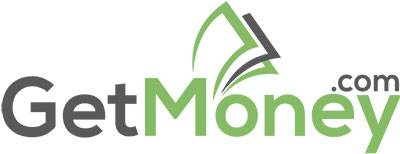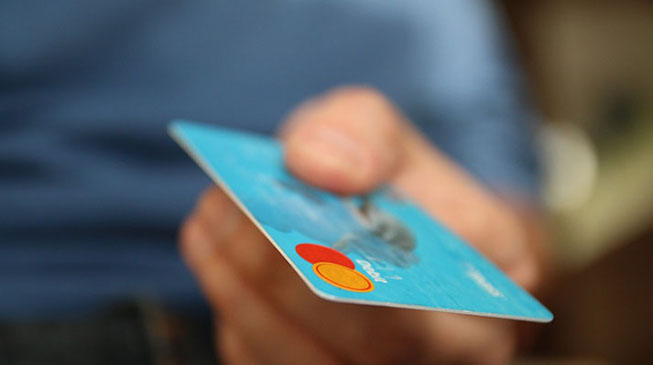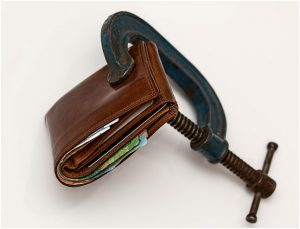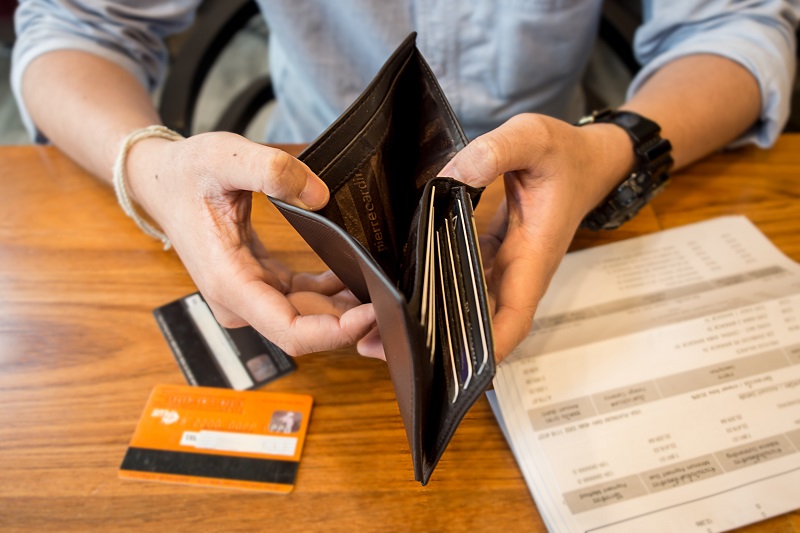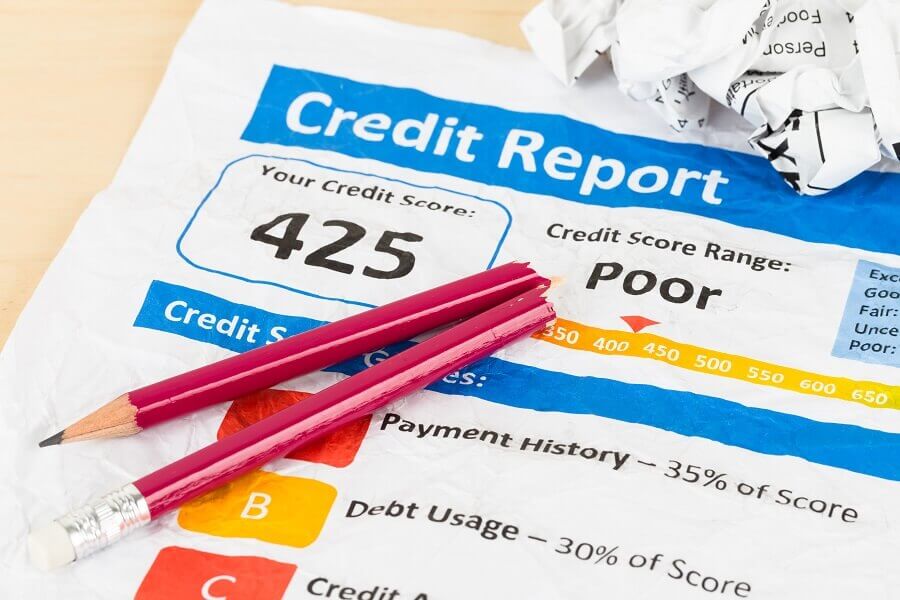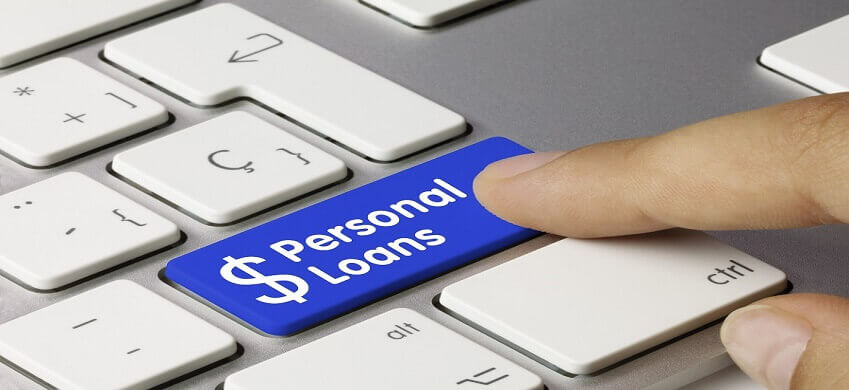GetMoney.com works with lenders and lending partners that work with borrowers of all credit types for Personal loans, Payday loans, Installment loans, Business Loans, and Working capital loans.
Getmoney.com does not charge fees for loan requests and you are never obligated to accept a loan.
Clean up your bad credit
Having no or bad credit can hold you back and hinder getting approved for a loan. Bad credit makes you a high-risk borrower, and high-risk borrowers always have a hard time getting approved for loans and financing in general.
As you already know, traditional lenders have strict credit requirements and rely heavily on credit scores to determine if a borrower qualifies for personal loans and installment loans.
Credit scores are also used to determine the interest rate at which a lender is willing to accept the risks of lending to a borrower with bad credit.
To better understand how credit scores affect loan options, it’s best to start by getting your hands on a current copy of your credit report. Several sources provide a copy of your credit report online for free. The one I personally prefer and use is www.annualcreditreport.com, you may also be able to get a copy from your credit card provider. You need a copy of your credit report to review the accuracy of the accounts currently reporting under your name.
Call the lender and credit agencies if you notice any discrepancies such as closed accounts showing as active, higher debt amounts than you owe, or inaccurate monthly payments. All these factors may hurt your credit score and qualification.
Avoid common mistakes that lead to bad credit
- Making late payments. A 1 x 30 (30 day late mark) is not nearly as bad a 2 x 30 on your report. But it’s still bad and should be avoided if possible.
- Making minimum payments instead of paying down the balance when you can afford to pay-down the loan. Higher balances = Lower credit scores
- All payments are important. In today’s digital world, all accounts are somehow connected.
If you’ve made any of the above mentioned mistakes, you can still qualify for a loan. Specially, if the loan will put you in a better financial situation. There are at least 5 ways to receive a loan without having a perfect credit.
1. Apply to Credit Unions
Credit Unions are similar to banks, but they are owned by their members instead of profit-seeking shareholders. A credit union, especially if it’s affiliated with your employer or community, may decide to grant you a loan based on your borrower character and your ability to repay it despite your poor credit history.

2. Reach out to family and friends
Borrowing from family and friends is generally not a good idea. However, if you are 100% positive, you can repay the loan, and you are going to use the money to put yourself in a better financial situation, consider it. Look at it as bridge loan till you get back on your feet. If you decide to go this route, be sure to have a written agreement with the interest rate, loan amount, payment terms, and all the other factors you deem important to both parties.
3. Get a co-signer
Asking a friend or family member to co-sign a loan is a great option. A co-signer with good credit will help you qualify for a better loan than you would with your bad credit. It will also help rebuild your credit if you make all your payments on time. Don’t forget the loan is tied to both your credits. Thus, if you miss a payment, you will ruin your co-signers credit and adversely affect someone kind enough to help you when you needed it.
4. Turn to Personal Loan Lenders
Personal Loan Lenders such as the ones Getmoney.com works with have created a fairly new industry which makes it possible for people with bad credit to be connected with a lender who’s guidelines are more flexible. These lenders welcome all credit types for personal loans, payday loans, and installment loans.
Some personal loan lenders do everything online and get you qualified in as fast as a few minutes to get you the money you need within 1 to 2 working days.
The process is simple and very easy to follow. Get a personal loan
5. If there is no other way, consider Secured Loans
If your credit or income is not good enough to meet any lenders guidelines, the best chance of getting a loan is seeking a secured loan. A secured loan is a loan granted based on a tangible asset you own. The lender holds the asset as collateral and will liquidate the asset if you fail to meet your financial obligations. Usually, secured loans have lower interest rates and better terms. Plus, if paid in a timely fashion, they can positively affect your credit score.
